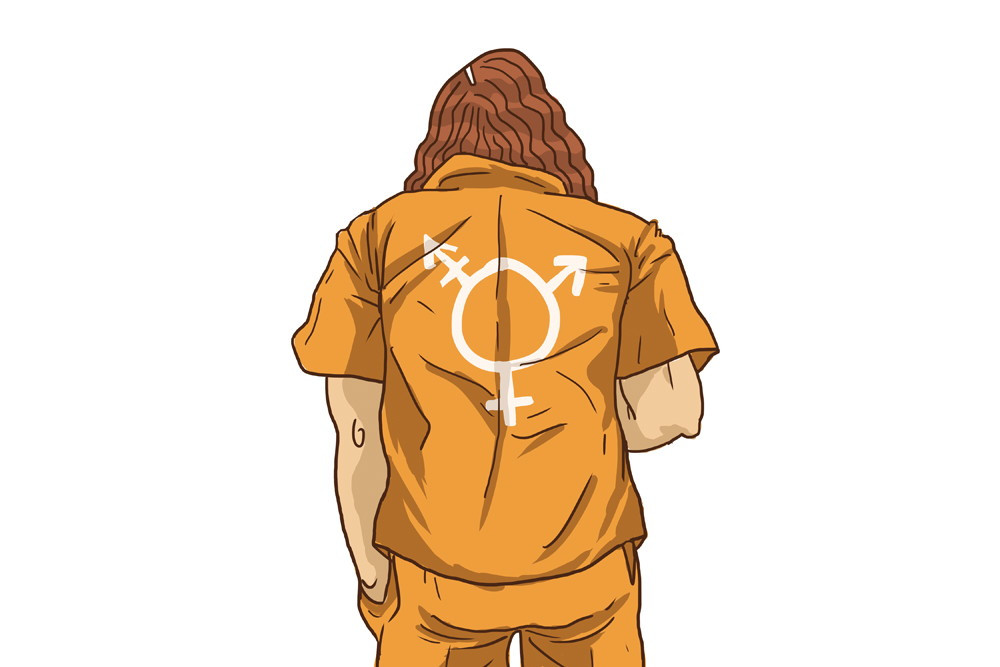Policy changes can’t fix everything
Ontario’s new laws for Trans prisoners aren’t as progressive as they seem
The Ontario government’s recent revision of policy regarding the treatment of transgender prisoners seems at first glance to be a step in the right direction. The biggest change to the policy means that prisoners will now be incarcerated based on their self-identified gender. In addition, trans women will now have the option to be strip-searched by women rather than men. Prisoners will be addressed by the gender and name with which they identify.
While all of this seems progressive, it is extremely overdue. Considering the amount of violence and abuse that trans people face in prison - a study in California found that 59 per cent of trans women in prisons were sexually assaulted - the desire to pat Ontario’s government on the back for making these changes is replaced by the question of how trans prisoners are treated in places where these policies haven’t been reviewed.
Even in situations that don’t involve assault, violence and harassment, trans people are still treated inhumanely. Some prisons are notorious for mistreating their prisoners and employees, but the ways in which a trans person can be mistreated are more subtle and can be more easily dismissed than more obvious cases of abuse.
Simply refusing to use the correct pronoun when addressing a trans person could have an emotional effect on that individual. It says to that person that their gender and identity is up for debate. It can also imply that who they are is not seen as being as real, or as deserving of recognition as someone who happens to identify with the sex they are born in.
Employment, relationships and day-to-day living all present trans people with unique challenges, but out in their communities, trans people can have more choices about where they work, live and who they surround themselves with. In prison, those choices are removed. And while a prison sentence may be the consequence of committing a crime, it should not lead to treatment that lessens the worth of someone’s life.
Reviewing policies and recognizing the needs of Trans people in prison is by no means a step backwards. However, it may be more progressive to look at creating facilities that are exclusively built for detaining those that identify as LGBTTQ. Women and men are separated in prisons largely because of safety concerns, but according to Human Rights Watch, trans people face a higher risk of violence and harassment while incarcerated. Prisons specifically for the LGBTTQ sector of the population could reduce rates of violence and abuse and could offer resources that are specific to the needs of trans people.
Even more progressive would be a more comprehensive way of convicting trans people. Individuals that transition are often met with unemployment or loss of income, forcing them to break the laws in order to support themselves, including participating in sex work.
It will take the awareness and effort of our generation to create an environment where that is not the case, but until then, with prison remaining the fallback resolution for so many issues, we need to look critically at the way those environments impact the most vulnerable members of our communities.
Alana Trachenko is a Winnipeg writer who can’t wait for summer.
Published in Volume 69, Number 20 of The Uniter (February 11, 2015)







